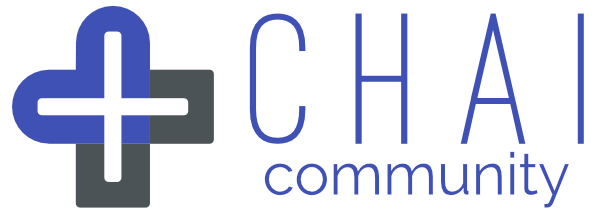In an emergency call the emergency services immediately (999 in the UK).
Follow the advice of the ambulance crew.
In an emergency, you may provide ambulance control or paramedics with relevant medical data stored in CHAI, such as:
- Household Coronavirus Status
- Covid-19 status of the individual
- Allergies
- Medication
- Past Medical History
- Next of Kin
CHAI has a useful Ambulance Summary Information PDF that collates all of this information together in one place and is kept up to date so that there’s one less thing to worry about during an emergency.
Find it in the “Forms & PDFs” section, in the Side Menu of a person’s Summary Page.
Non-emergency Concerns
If it is not an emergency consider discussing the matter with both the individual concerned and/or your volunteer coordinator; other volunteers or carers who support the individual and their next of kin.
Contacting Support Agencies
You may want to consider contacting social services or other professional support agencies.
You would usually need to get explicit informed consent from the individual before you share their personal data or approach agencies such as social services. We recommend that you record this consent in CHAI and follow your group’s data protection policies. Note that some vulnerable individuals are very concerned about losing their freedom to live at home if they call for help and involve social services. It can be a difficult balance between keeping them safe and respecting their wishes, and it certainly justifies talking to them and other people they trust.
It is acceptable to share data without consent if you think a person is in danger. We recommend you record your reasons in CHAI along with the details of the person you have contacted.
When helping a person get further assistance always be on the alert for fraudsters who target vulnerable people. If in doubt, contact your group coordinator, local council offices, police or other trusted organisations in the first instance.
Chronic Health Problems & Disabilities
For help dealing with long term chronic health issues or disabilities there are many specialist organisations offering assistance. We have listed just a few below, although we do not endorse any and you must make up you own mind if they can help.
- Age Concern
- RNIB – Royal National Institute of Blind People
- RAD – Royal Association for Deaf people
- The Royal Mencap Society – a national charity for people with learning disabilities.
Safeguarding Children & Vulnerable Adults
If you believe that a child or vulnerable adult requires safeguarding from abuse, bad treatment, neglect or exploitation, please check if your volunteer group already has a safeguarding policy and/or seek professional advice. Use the Teams function in CHAI to immediately limit who can see the at risk individual’s record in CHAI.
If you think a crime has been committed or the vulnerable person is in immediate risk of harm, call the police.
Do not enter any abuse (or suspected abuse) details onto a client record in CHAI as it may increase the risk to that individual.
Additional Advice
We have listed a few other helpful organisations here, although we do not endorse any.
